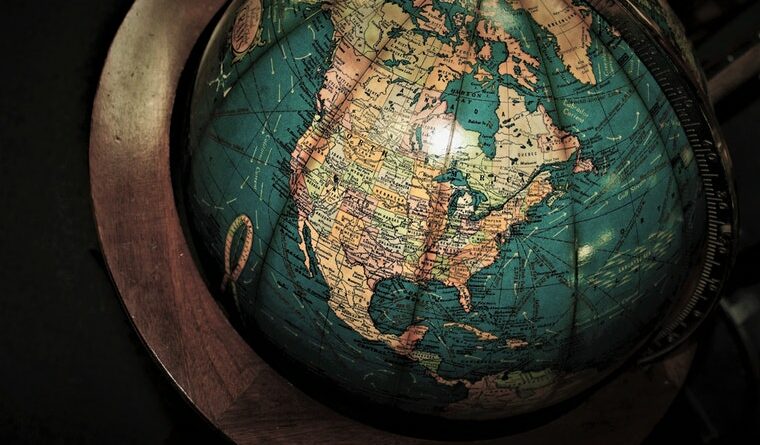How Technology Effects Globalization
Globalization denotes the incremental development of global association and integration of economies, people and cultures (Steger, 2010). The term mainly denotes economic dynamics and relates to production and distribution of services, which is enhanced by reduced barriers to trade such as quotas on import, export fees, tariffs and restrictions on investment and capital movements. The phenomenon is also enhanced by developments in technology which break barriers of communication and transport thus enhancing faster movement of people, products, and information (Steger, 2010). The phenomenon results in positive gains through comparative advantage on various economies through specialization. The phenomenon also refers to the international circulation of popular culture, language and ideas. Despite the common definitions, various groups of people see the concept from different perspectives (Steger, 2010).
In the context of a hyperglobalist the nation states become past tense in a globalized world, where the driving forces of globalization are technology and capitalism. Hyperglobalists envision a global age where the nation states will erode and decline substantially (Anonymous, 1999). This is understood as a re-ordering of the human framework. The hyperglobalists believe that the main characteristics of a global economy are elimination of geographical barriers, and the development of global civil society and capitalism. On the other hand, skeptics hold that globalization will go on, but without the erosion of the state, which will instead be enhanced. To the skeptics and the states and markets are the main drivers behind the phenomenon (Held, 1999). They also believe that the phenomenon is two-fold-internationalization and regionalization. The skeptics also believe that the global age may not be realized and nothing much may change, except the development of regionalization (Anonymous, 1999).
The dynamics of globalization have changed significantly and globalization in the past differs from the present. In the past much of the drivers of globalization were interstate, but currently the major players are no longer the states but blocs such as the EU, which define global dynamics on trade. Additionally, globalization in the past was mainly driven by comparative advantage, but because the world is getting flat, the movement is now mainly technology driven (Irwin, Eichengreen & Bordo, 1999). In the past, the globalization phenomenon was mainly centered on trade, but currently the trend has led to the incorporation of popular culture and language movements (Held, 1999). The higher rates of global literacy and technological developments also mean that the rate of globalization now is faster than it was in the past. It is relevant to find out whether the phenomenon has changed so as to understand its possible future trends and dynamics as well as what it may result into. It is also an important question because it will explain the changing world dynamics (Irwin et al. 1999).
Above all arguments and views it is worthwhile to note that technology has been the main driver behind globalization, and it is agreeable that technology has facilitated the fast production and surplus needed for global supply and also facilitated the quick transport of products and services as well as fast communication (Held, 1999). This is actually agreeable because even if all other factors were in place such as the elimination of legal and regional barriers to trade and plenty of supply of goods and services, but there be no technology to enhance communication and flow of these goods and services, then, there would be no globalization.
References
Anonymous (1999). Table comparing three models of globalization-hyperglobalists, skeptics and transformationalists, rretrieved on May 10th 2012 from http://www.personal.kent.edu/~mcassell/glocht.htm
Held, D. (1999). Global Transformations: Politics, Economics, and Culture. Stanford University Press
Irwin, A. D. Eichengreen, B. & Bordo, D. M. (1999). Is Globalization Today Really Different Than Globalization a Hundred Years Ago? Retrieved on May 10th 2012 from http://emlab.berkeley.edu/~eichengr/research/brooking.pdf
Steger, M. (2010). Globalization. Sterling Publishing Company, Incorporation




